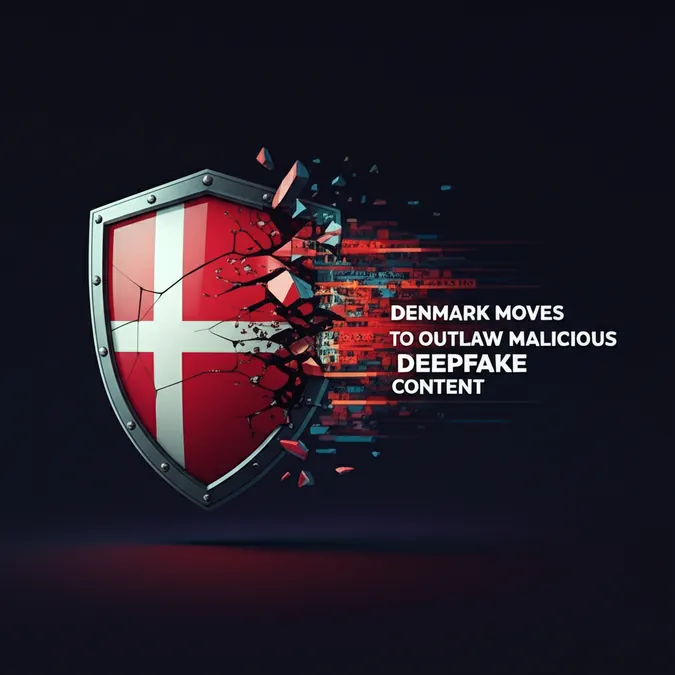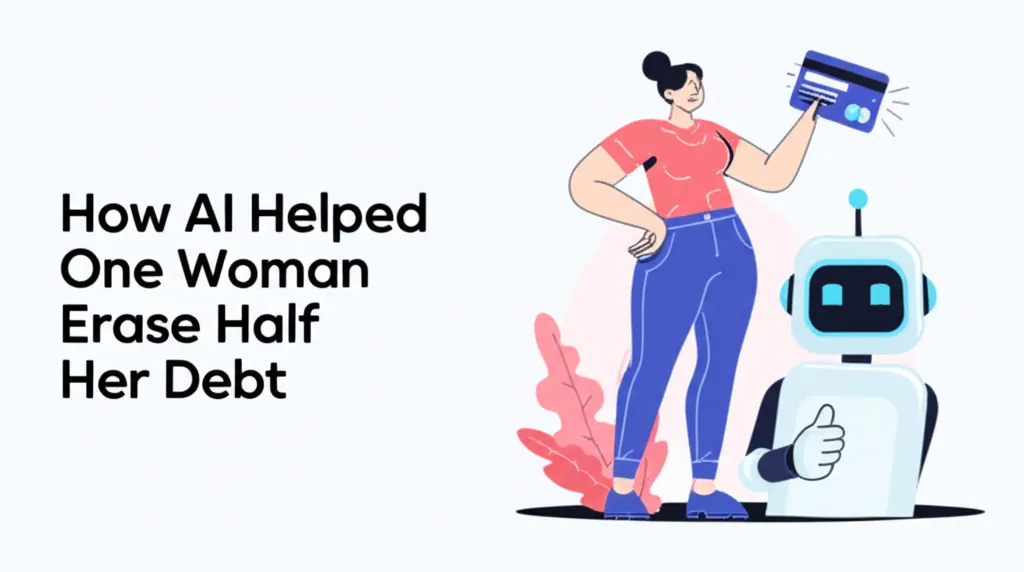Developer Offer
Try ImaginePro API with 50 Free Credits
Build and ship AI-powered visuals with Midjourney, Flux, and more — free credits refresh every month.
The Rising Threat of AI Celebrity Scams on Facebook
A Southampton man's distressing experience shines a light on the escalating threat of sophisticated AI-powered scams targeting social media users. Paul Davis found himself in a relentless five-month battle against a barrage of fraudulent messages on Facebook, a situation that not only cost him money but also took a significant toll on his mental health.
A Personal Story of Deception and Loss
The scammers, using advanced AI tools, crafted convincing deepfake images and videos of high-profile celebrities like Elon Musk, Mark Zuckerberg, and Jennifer Aniston. These messages were designed to trick Paul into believing he had won a spectacular, non-existent prize of £500,000 and a new Range Rover. To claim his winnings, he was told to pay a small "activation fee."
"I’ve got fake videos from Jennifer Aniston asking me for £200 and saying she loves me," Paul shared, recounting the moment he fell for the scheme. "I’ve paid £200 and I was bitten. Once bitten, twice shy."
The daily flood of these messages has severely affected his depression, and he is speaking out to warn others. "I thought people would get into trouble for this, but these people seem to be having a laugh and getting away with it," he said, noting that an acquaintance lost over a thousand pounds to a similar gift card scam.
How Sophisticated AI Scams Operate
Dr. Jennifer Williams, an AI expert at the University of Southampton, identifies this as a classic "phishing scam" amplified by modern technology. The initial phase involves sending unsolicited messages, often appearing to be from celebrities, to harvest personal information and build a database of potential victims.
Once a target is identified, the scammers use AI to create personalized and convincing materials, like the fake prize certificate sent to Paul. "The scammer would input details like the victim's name... into an AI model to generate the image, refining it until it appears convincing," Dr. Williams explained. The end goal is often to obtain the victim's home address under the pretense of delivering a prize or, more commonly, to persuade them to send money through non-refundable methods like gift cards.
Your Guide to Spotting AI Red Flags
To protect yourself from these increasingly common scams, Dr. Williams advises looking out for several key red flags. Staying vigilant and knowing what to look for is the best defense.
Here are some tips to keep in mind:
- Unusual Language: Be wary of odd phrasing, grammatical mistakes, or messages like "don't be afraid," which are designed to manipulate your emotions.
- Image Inconsistencies: Look for low-quality or highly pixelated images. Check for signs of digital alteration, such as different pixelation patterns around a name, which indicate it was added after the image was created.
- Unrealistic Promises: Remember that legitimate companies like Facebook do not contact users to award large sums of money or luxury vehicles at random.
- Pressure Tactics: Scammers often create a sense of urgency or secrecy to prevent you from thinking critically or consulting with others.
Compare Plans & Pricing
Find the plan that matches your workload and unlock full access to ImaginePro.
| Plan | Price | Highlights |
|---|---|---|
| Standard | $8 / month |
|
| Premium | $20 / month |
|
Need custom terms? Talk to us to tailor credits, rate limits, or deployment options.
View All Pricing Details





